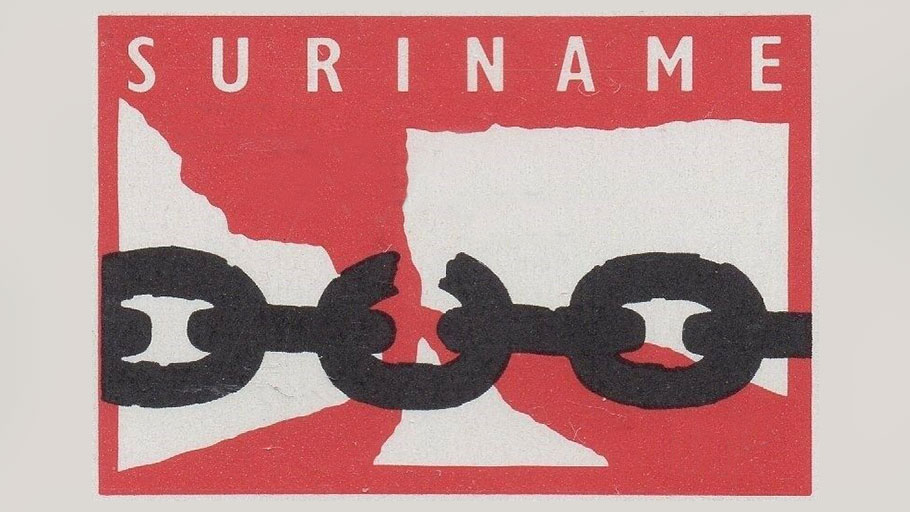
For many years Surinamese people of African descent, whose ancestors worked on the plantations in the colony of Suriname, celebrated and commemorated ‘Keti Koti’ on July 1 as “Emancipation Day”….

For many years Surinamese people of African descent, whose ancestors worked on the plantations in the colony of Suriname, celebrated and commemorated ‘Keti Koti’ on July 1 as “Emancipation Day”….
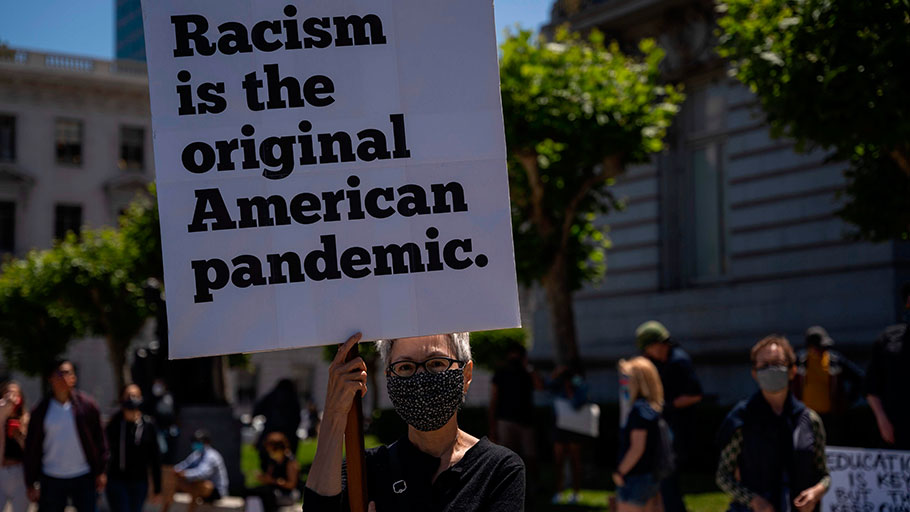
Police violence sparked an uprising, but racial equality demands economic reforms as well. By Nichole Nelson, The Washington Post — Over the past month, protests across the country, and even the world, have erupted in response to the death of George Floyd by white Minneapolis police officer Derek Chauvin. While the protests have focused on police violence, the issues of racism are deeply rooted and multifaceted. In fact, addressing police…
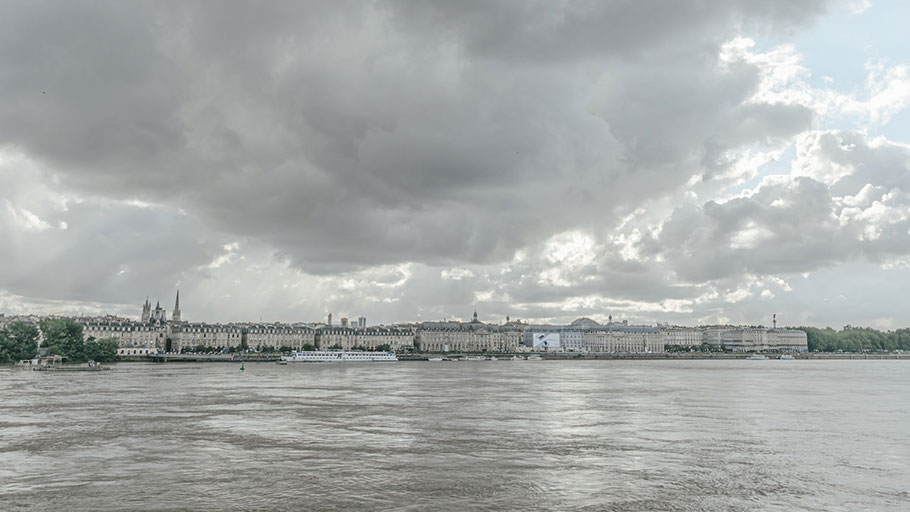
Rather than tear down statues, some argue that the past should not be obliterated, but remembered and explained. By Norimitsu Onishi, The New York Times — BORDEAUX, France — At a bend in the river, a succession of stately stone buildings, each more imposing than the last, stretches along the left bank. Their elegant 18th-century facades had helped Bordeaux, already famous for its wineries, become a UNESCO World Heritage site.…
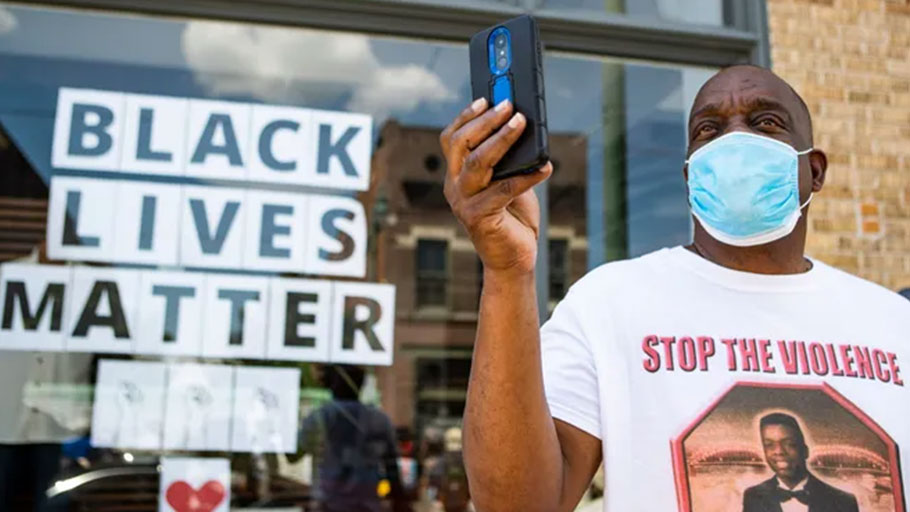
Whether a better life follows from these weeks of street protests depends on what happens next. White and Black Memphis — and for that matter, all of America — faces the question: What do we do now? By Ted Evanoff, Commercial Appeal — On a hot June afternoon in Memphis, Eddie Jones stepped along the sidewalk and into the ranks of some 200 people standing outside the historic Lorraine Motel. Jones,…
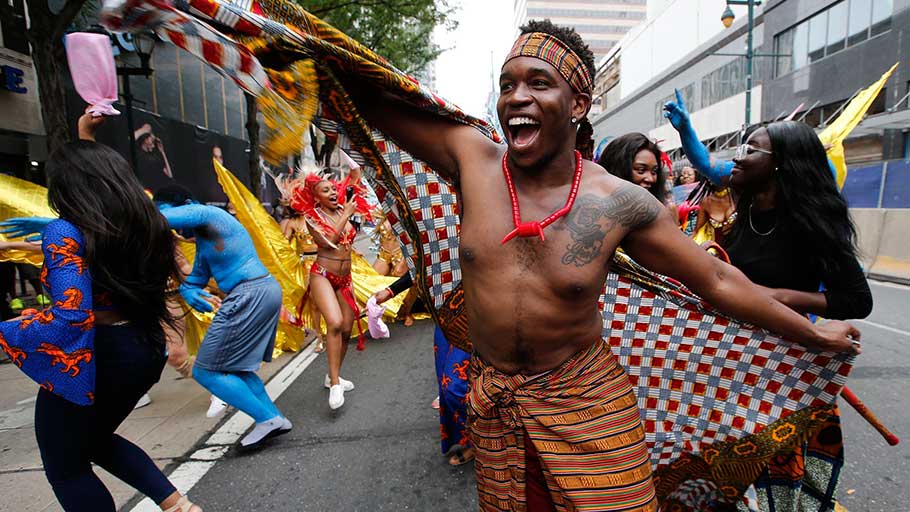
Here’s the History Behind Their Fight. By Olivia B. Waxman, Times — When President Donald Trump announced last week that he would hold a campaign rally in Tulsa on June 19, the backlash was swift. The speech was to take place near the site of a 1921 race massacre, and June 19 is celebrated each year as Juneteenth, in honor of the day in 1865 when enslaved men and women in…
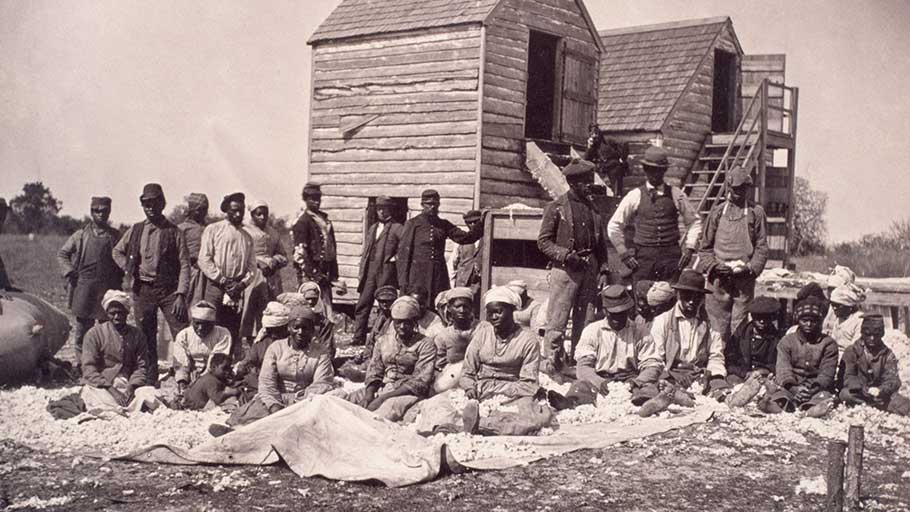
Black farmers own far less land than they did in 1910 and the racial gap in homeownership is at the highest level for 50 years. By Julian Agyeman and Kofi Boone — Underlying the recent unrest sweeping U.S. cities over police brutality is a fundamental inequity in wealth, land and power that has circumscribed black lives since the end of slavery in the U.S. The “40 acres and a mule” promised to…
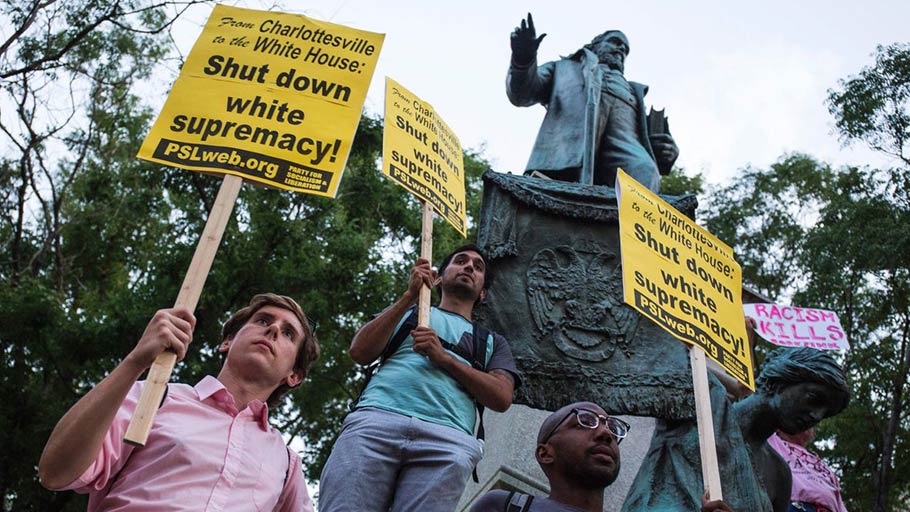
By Bashir Muhammad Akinyele — “The making of amends for a wrong one has done, by paying money to or otherwise helping those who have been wronged.” (American dictionary on…
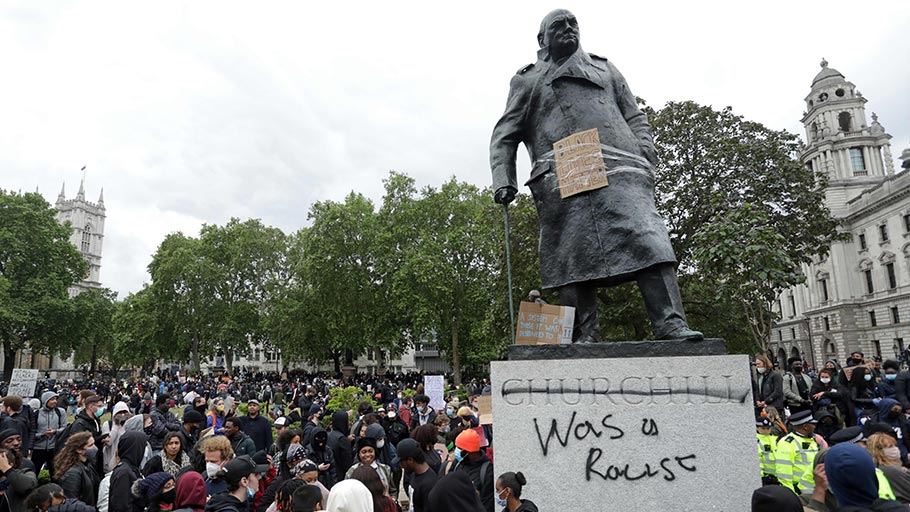
By Ishan Tharoor with Ruby Mellen, Washington Post — Edward Colston was a 17th-century English merchant who rose to the position of deputy governor of the Royal African Co. His family became fabulously wealthy as a result, profiting from the company’s role in the British trade of African slaves to the New World. Under Colston’s watch, about 84,000 Africans were shipped to lives of bondage and misery. An estimated 19,000 of them perished during the…
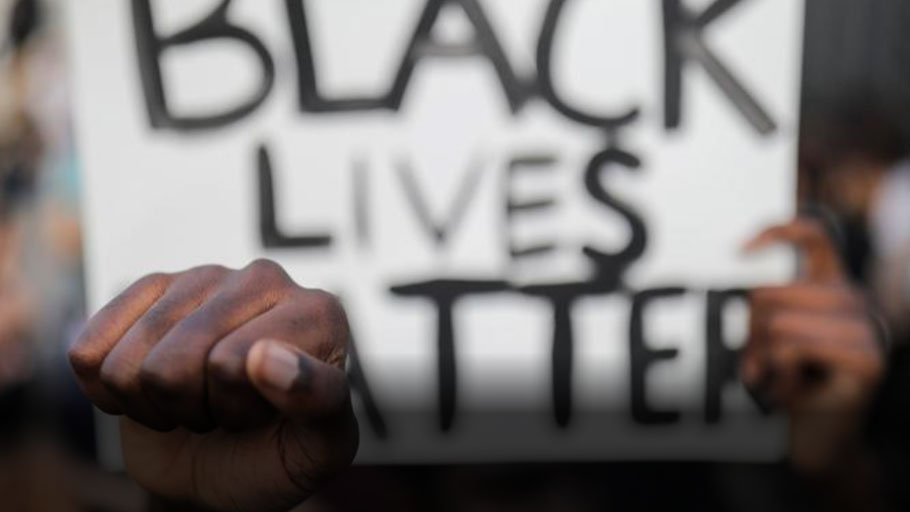
Global outrage at the killing of George Floyd expresses the abiding international conviction that the U.S.’ self-promoted image is at odds with its reality. By Akbar Shahid Ahmed, HuffPost —…
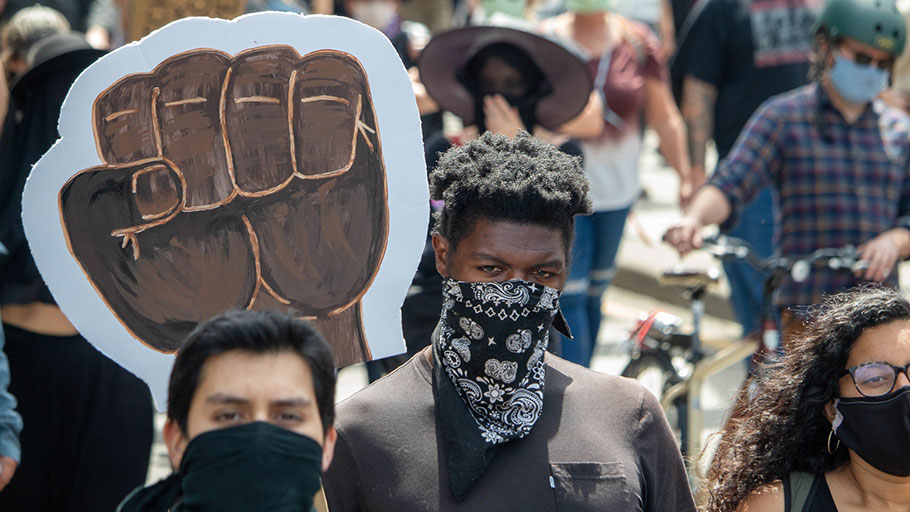
By Don Rojas — Today America is at a crossroads, a turning point…at an intersection of the old imperial order at home and abroad with the birthing of a new order, “a new normal” if you will. For millions of people in America, the unprecedented street uprisings of the past 10 days offer a glimmer of hope that after 350 years of oppression, meaningful change may actually be on the…
Robert Johnson, founder of RLJ Companies and BET, tells CNBC’s “Squawk Box” America must make reparations for slavery in order to address racial inequality. Robert Johnson, founder of Black Entertainment…
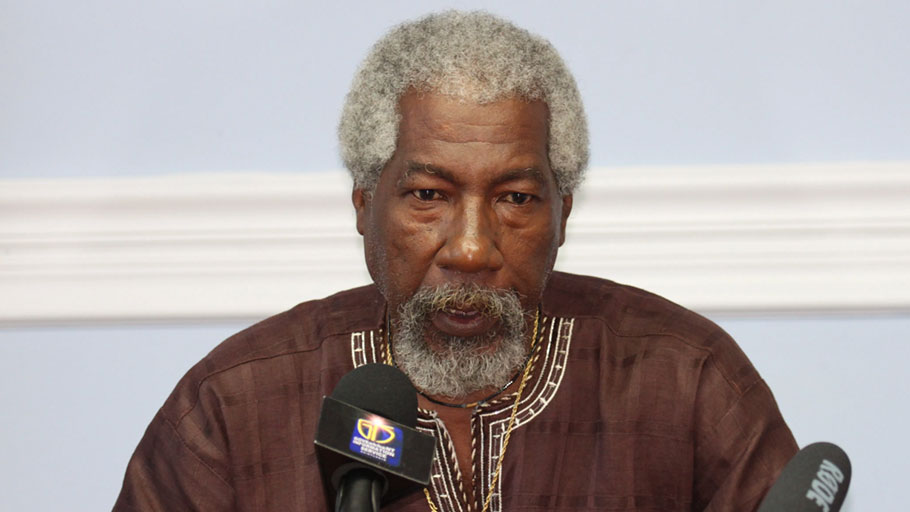
Chronicles Of A Chronic Caribbean Chronicler By Earl Bousquet — May 25th every year is still observed as ‘African Liberation Day’, as that was the date on which the Organization…